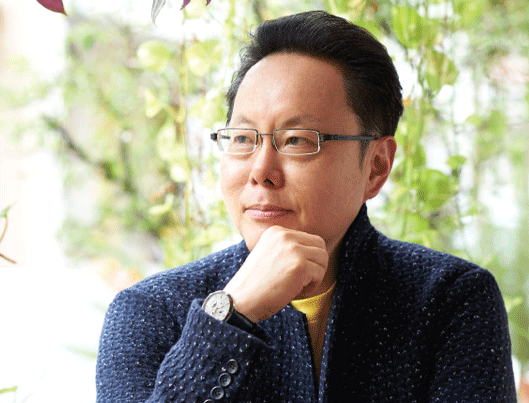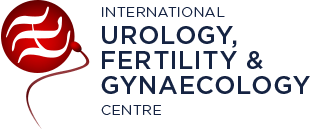
He has just celebrated the 10th anniversary of his private practice after spending nearly 22 years at Singapore General Hospital (SGH), but Singapore Urologist Dr Michael Wong isn’t keen to focus on the achievements and milestones of his practice. He is chatting with THIS Quarterly in his consultation room on the premises of International Urology, Fertility and Gynaecology Centre, which is located in Mount Elizabeth Medical Centre. “I’d prefer to chat about my academic journey in urology since leaving public practice at SGH,” stresses the cheerful and friendly physician.
Instead, he wishes to reveal why and how he has continued with his academic and educational pursuits, and “achieved peer international standing that far exceeds any of my expectations” in parallel with a busy and successful private practice.
View Complete Article


